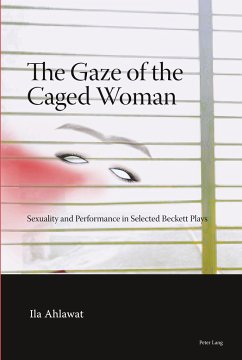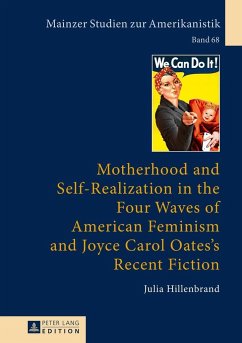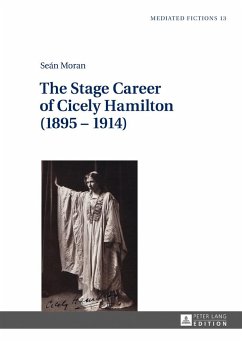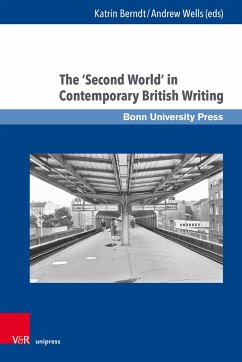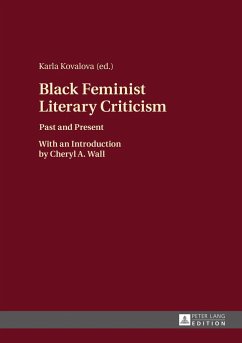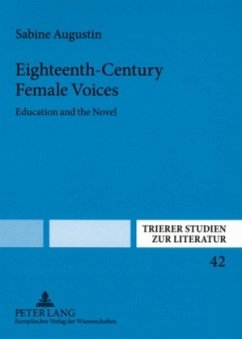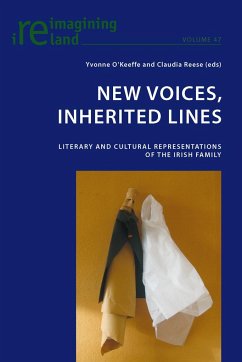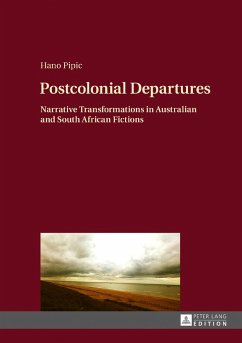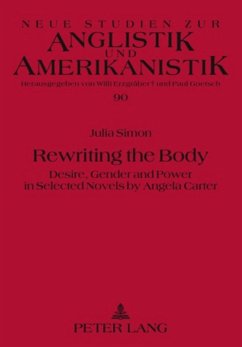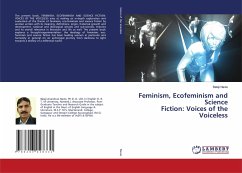
Different Voices
Gender and Posthumanism
Herausgegeben: Partenza, Paola; Karadag, Özlem; Ettorre, Emanuela;Mitarbeit: Sostaric, Sanja; Ulmer, Jasmine; Mellamphy, Nandita Biswas; Margaroni, Maria

PAYBACK Punkte
0 °P sammeln!
The concept of the "human" has been broadly re-visited and modified, and the term "posthuman" has now become a term of continuous inquiry. Gender (representations) play(s) a critical role in works of literature, culture, and art, and focusing on gender is crucial to uncovering the anthropocentrism or androcentrism that may underlie the work and the times to which it belongs. While maintaining a solid literary emphasis, the ten chapters included in this volume focus on feminist debates about women, technology, and the body, on gender representation and the posthuman, on post-gender figurations,...
The concept of the "human" has been broadly re-visited and modified, and the term "posthuman" has now become a term of continuous inquiry. Gender (representations) play(s) a critical role in works of literature, culture, and art, and focusing on gender is crucial to uncovering the anthropocentrism or androcentrism that may underlie the work and the times to which it belongs. While maintaining a solid literary emphasis, the ten chapters included in this volume focus on feminist debates about women, technology, and the body, on gender representation and the posthuman, on post-gender figurations, on gender and trans/post/humanism, biotechnology/biopolitics/bioethics, on feminist posthumanism, on animals, the human-machine, and ecological posthumanism. The aim of the volume is to analyse how useful these concepts may be for thinking about the subject, its definition and identity in a changing society.
Dieser Artikel kann nur an eine deutsche Lieferadresse ausgeliefert werden.




